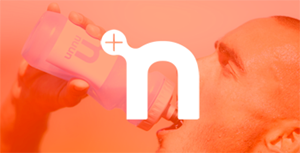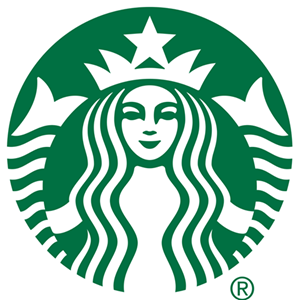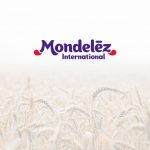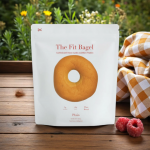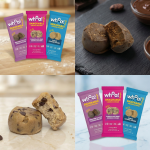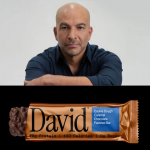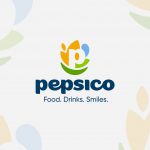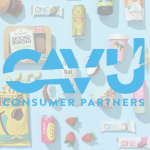Nestlé Reports Full Year Results: Coffee, Nestlé Health Sciences and Plant-Based Foods See Growth
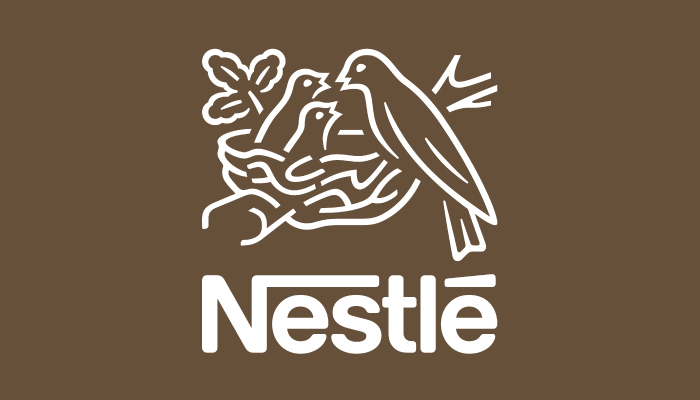
After a year filled with uncertainty, Nestlé reported strong organic sales growth in its full-year earnings results for 2021, particularly in its coffee, health and wellness and plant-based food segments. Despite the gains, executives were quick to temper expectations during a call with analysts on Thursday, noting that inflation and supply chain issues, combined with consumer changes due to COVID-19 pandemic, may lead to slightly more modest growth in 2022.
Here are the top-line highlights:
- The company reported organic sales growth of 7.5%, up from 3.6% in 2020 — an increase Nestlé CEO Mark Schneider attributed to increased demand resulting from the COVID-19 pandemic. Moving forward, Schneider said he is confident that the company “consistently will deliver mid-single-digit organic sales growth performance” of 4-6%.
- Organic sales growth for 2022 is expected to be roughly 5% and deliver an underlying trading operating profit margin between 17% and 17.5%
- Out-of-home channels began to return to 2019 levels, reporting almost 25% growth in 2021.
- Frozen meals saw close to 10% organic sales growth.
- Within retail sales, 15.1% growth in e-commerce was led by the United States, Russia and the United Kingdom. E-commerce now accounts for 14.3% of total sales.
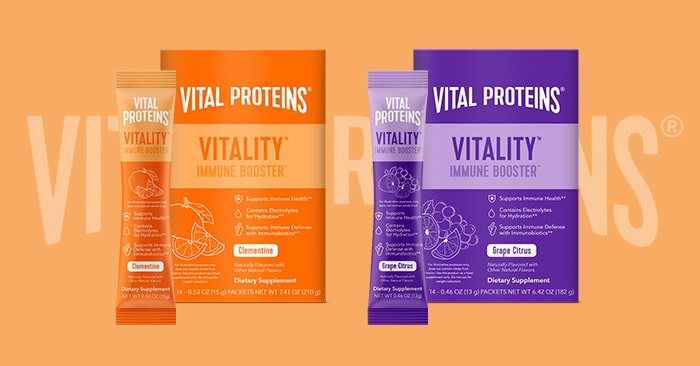
Coffee and Nestlé Health Sciences “Star Performers”
The shifts from the “[work] at-home revolution,” as Schneider referred to it, can be seen most dramatically in the performance of Nestlé’s coffee segment, in which organic sales growth was 9.7%. Despite COVID-19 lockdowns ending, Nestlé expects it to continue increasing as companies allow employees more flexibility to work from home.
“Even after the pandemic, more coffee will be consumed at home. That plays right into our retail strength,” Schneider said. “We may lose a cup of coffee out-of-home, but obviously, our market share in-home is so much stronger so we stand to benefit net-net from this development, which I believe is here to stay.”
Sales of Starbucks non-RTD coffee products grew 17.1%, reaching close to $3.3 billion, approximately 50% larger than it was three years ago. In total, Nestlé also said it controls close to 20% of the total Nespresso capsules market globally and believes there is “one other very popular brand” that it can develop a capsules line around.
Nestlé Health Sciences division, which includes Vital Proteins, Nuun and The Bountiful Company, accounted for $5.2 billion of sales and saw 13.5% organic sales growth. Though some of this growth can be attributed to pandemic related behaviors, with immunity related products particularly appealing to shoppers, Schneider says he believes there has been a growing consumer interest in health and wellness overall. The result of the past two years is that consumers now look at their health “in a more forward-looking way,” which he believes will also benefit Nestlé Health Science brands in the longer term.
Schneider said in 2022 the division will seek to grow sales and continue developing a portfolio based around nutrition and metabolism, with some investment into medical nutrition and sports additives.
For 2021, Nestlé reported Nuun grew at a strong double-digit rate while Vital Proteins also had “strong contributions” to Nestlé Health Sciences sales.
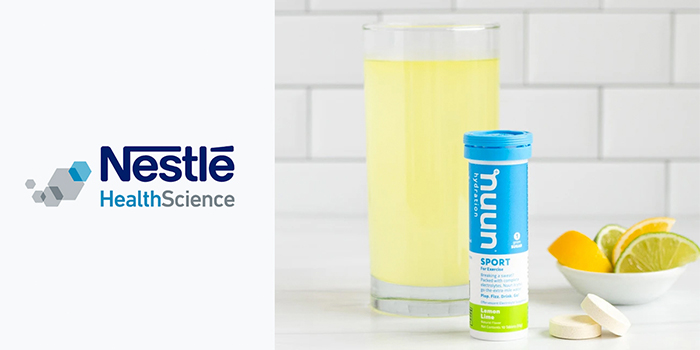
Plant-Based Food Continues to Be a Focus
Nestlé’s plant-based products saw 16.8% organic growth last year, Schneider reported, representing $868 million in sales. A reason for the success, he said, was Nestlé’s focus on “specialty” products, including tuna and shrimp, versus simply “straightforward products,” such as burgers and chicken pieces. That said, the company still has more traditional offerings under its Sweet Earth brand.
Nestlé has also begun to explore not just selling alt-proteins themselves, but also incorporating them into more ready-made meals such as those from portfolio company Freshly. Plant-based items also play to Nestlé’s two strengths: retail and out-of-home, Schneider said.
“I believe and continue to believe that plant- based food is one of these once-in-a-generation opportunities to revitalize and upgrade our Food category, and we’re taking advantage of that,” he told analysts.
Progress on Cocoa Farming Issues
Over the past year Nestlé has continued to face scrutiny for its cocoa sourcing practices, particualrly over the use of child slave labor on farms and the environmental impact. The company’s newest plan, launched last month, is to financially reward growers who engage in practices such as school enrollment of children and assisting with income diversification so its workers don’t depend on just cocoa farming. It also will promote education around sustainable agricultural practices such as pruning and planting shade trees.
“The program is designed to really help people achieve a living income level because that also is one of the best drivers to avoid child labor,” Schneider said. “It’s important that we de-link it from production volume because we also wanted to have a sustainable benefit for small hold farmers.”
In addition, he added, Nestlé continues to improve its supply chain with a goal in the next five to seven years to make the entire process traceable, alivating consumer trust issues.
Other notable information:
- Looking specifically at North America, the Beverages category, which includes Starbucks at Home products, Coffee Mate and Nescafé, reported mid-single-digit growth for 2021.
- Water saw 6.8% growth in total, reaching a double-digit rate in the fourth quarter, driven largely by Essentia, and “a recovery” for premium brands, San Pellegrino and Perrier. Still, Schneider said they want the segment to “perform better from a profit point of view,” an effort that will take several years to achieve.
- Executives noted that with acquisitions, the appetite for small to midsize deals is much larger, because “the chances of making our money back are much better there,” integrations tend to be easier and there’s less antitrust issues.
- Brands acquired between 2017 and 2021 accounted for 8% of sales

